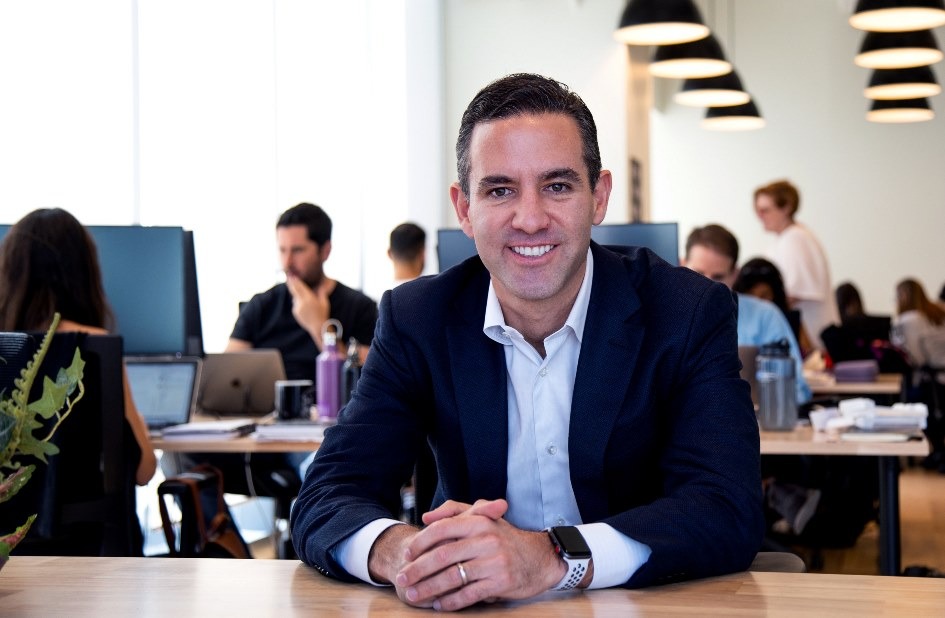Brazilian fintech startup Nubank has established new subsidiary, dubbed Nu, in Mexico as it seeks to expand operations in other Latin American countries.

Image: Nubank founder and CEO David Vélez. Photo: Courtesy of PRNewsfoto/Nubank.
Nubank stated that its new move is aimed at challenging the Mexican financial system and offering the citizens with simple and easy-to-use experience.
Through its new subsidiary, Nubank said that it will establish a technology, data science and design hub in Mexico to attract the best talent in the country.
Nubank founder and CEO David Vélez said: “Nubank drove a financial revolution six years ago, and has changed the industry in Brazil for good, expanding competition and offering better services to millions of consumers.
“We are finally taking the next step by spreading our revolution to new markets, and we see a great opportunity in Mexico.”
Founded in 2013, Nubank offers NuConta (new digital account) and an international credit card, both without fees. The credit card offered by the firm, can be completely controlled by a mobile app.
Through the app, users can track their transactions in real time, block their respective credit card, apply to raise limit, and contact customer support.
Vélez continued saying: “We’ve been studying the Mexican financial system for a few years and we heard from a lot of customers about the challenges and headaches they face with existing services. These services have forgotten to put the consumer at the center of their strategy and their products.
“On top of that, more than 36 million Mexicans currently don’t have any access to the bank system – and we want to contribute for this situation to change.”
In 2017, Nubank opened a technology hub in Berlin, Germany, focusing on infrastructure and data engineering.
Presently, the company has a workforce of 1,500 employees from 25 nationalities, including French, Canadians, Australians, Americans, Dutch, and Mexicans.
Until date, the fintech has raised about $420m in seven funding rounds from investors such as Sequoia Capital, Kaszek Ventures, Tiger Global Management, QED, Founders Fund, DST Global, Redpoint Ventures, Ribbit Capital Investment, Dragoneer Investment Group, Thrive Capital and Tencent.
